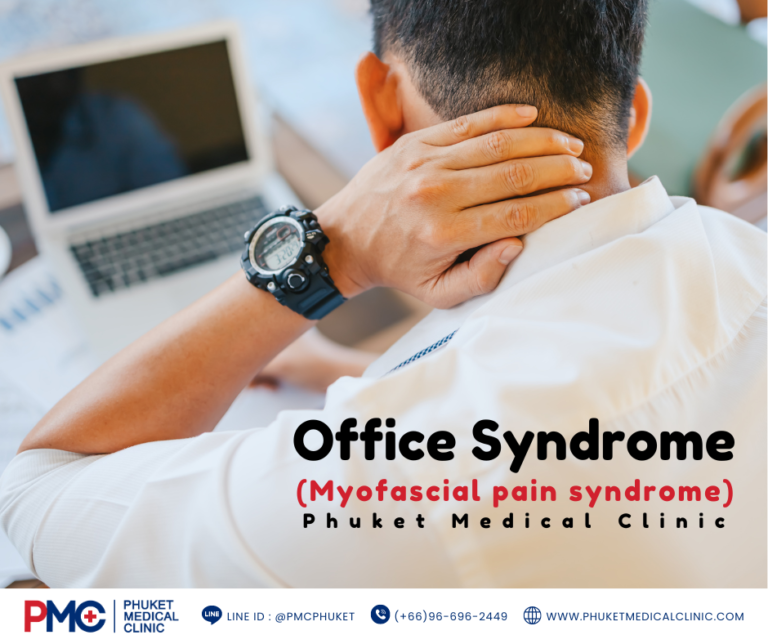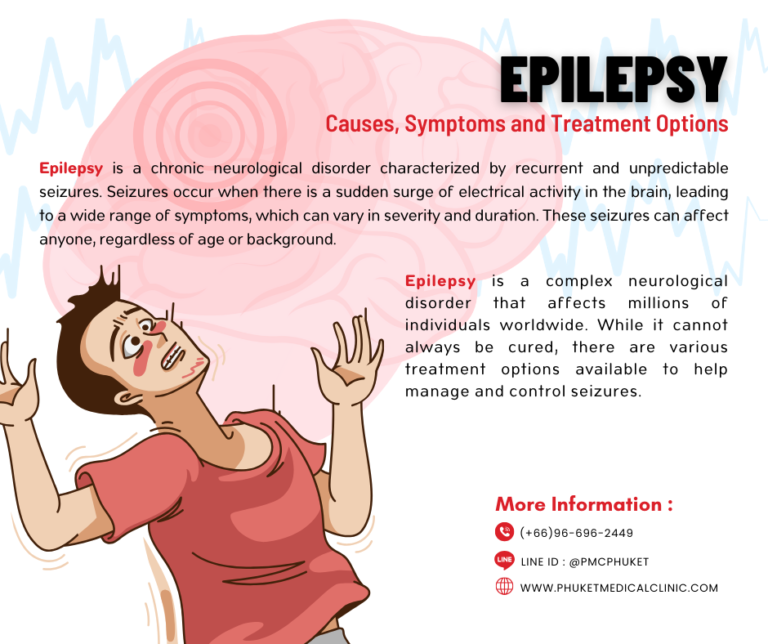When it comes to viral infections, distinguishing between similar-sounding conditions like herpes, chickenpox, and shingles is crucial for accurate diagnosis and timely treatment. While these three ailments share a common viral origin, they manifest differently and require distinct approaches for management. In this article, we will explore the key characteristics of herpes, chickenpox, and shingles to help you differentiate between them.

Herpes
Herpes is a viral infection caused by the herpes simplex virus (HSV). It is categorized into two types: HSV-1 and HSV-2. HSV-1 is primarily associated with oral herpes, causing cold sores, while HSV-2 is linked to genital herpes. However, either strain can infect various areas of the body.
Symptoms of herpes include painful blisters or sores, itching, and flu-like symptoms during the initial outbreak. These outbreaks may recur periodically, and the virus can be transmitted through direct contact. Unlike chickenpox and shingles, herpes can affect both mucous membranes and the skin.
Chickenpox
Chickenpox is caused by the varicella-zoster virus (VZV), which belongs to the herpesvirus family. It is highly contagious and primarily affects children, although adults can also contract the virus if they haven’t had it before.
Chickenpox presents with an itchy rash that starts as red spots and progresses to fluid-filled blisters before crusting over. The rash usually spreads throughout the body and is accompanied by symptoms such as fever and fatigue. Chickenpox is a one-time infection for most people, as the immune system typically develops lifelong immunity.
Shingles
Shingles, also known as herpes zoster, is a reactivation of the varicella-zoster virus, the same virus that causes chickenpox. After a person has had chickenpox, the virus remains dormant in the nerve cells and can re-emerge as shingles later in life.
Shingles is characterized by a painful rash that typically occurs on one side of the body. The rash evolves into fluid-filled blisters and may be accompanied by fever, headache, and sensitivity to light. Unlike chickenpox, shingles is not highly contagious but can still transmit the varicella-zoster virus to those who have not had chickenpox or the chickenpox vaccine.
Understanding the differences between herpes, chickenpox, and shingles is crucial for accurate diagnosis and appropriate medical care. If you suspect you have any of these conditions, seek professional medical advice for proper evaluation and treatment. Additionally, practicing good hygiene and taking necessary precautions can help prevent the spread of these viral infections within the community.
Contact Us
Phuket Medical Clinic : Close, Expert Care. Dedicated Medical Professionals and Skilled Team providing Consultation and Treatment. Walk-in or Scheduled Appointments for Convenient and Efficient Services.
Book an appointment online : https://phuketmedicalclinic.youcanbook.me
Daily Open 🕙 10:00-18:00
Contact number ☎️ 096-696-2449
Line id : @pmcphuket or https://lin.ee/R1TKRDo
Map 📌https://goo.gl/maps/xu45eTQUTjgpukJa7
Website 🌐https://pmcclinicphuket.com
Feel free to consult with a doctor or ask further questions anytime.
Inbox : m.me/100483916443107
#healthcareclinic #คลินิกภูเก็ต
Phuket #Clinic #ภูเก็ตเมดิคอลคลินิก
#Phuketmedicalclinic






